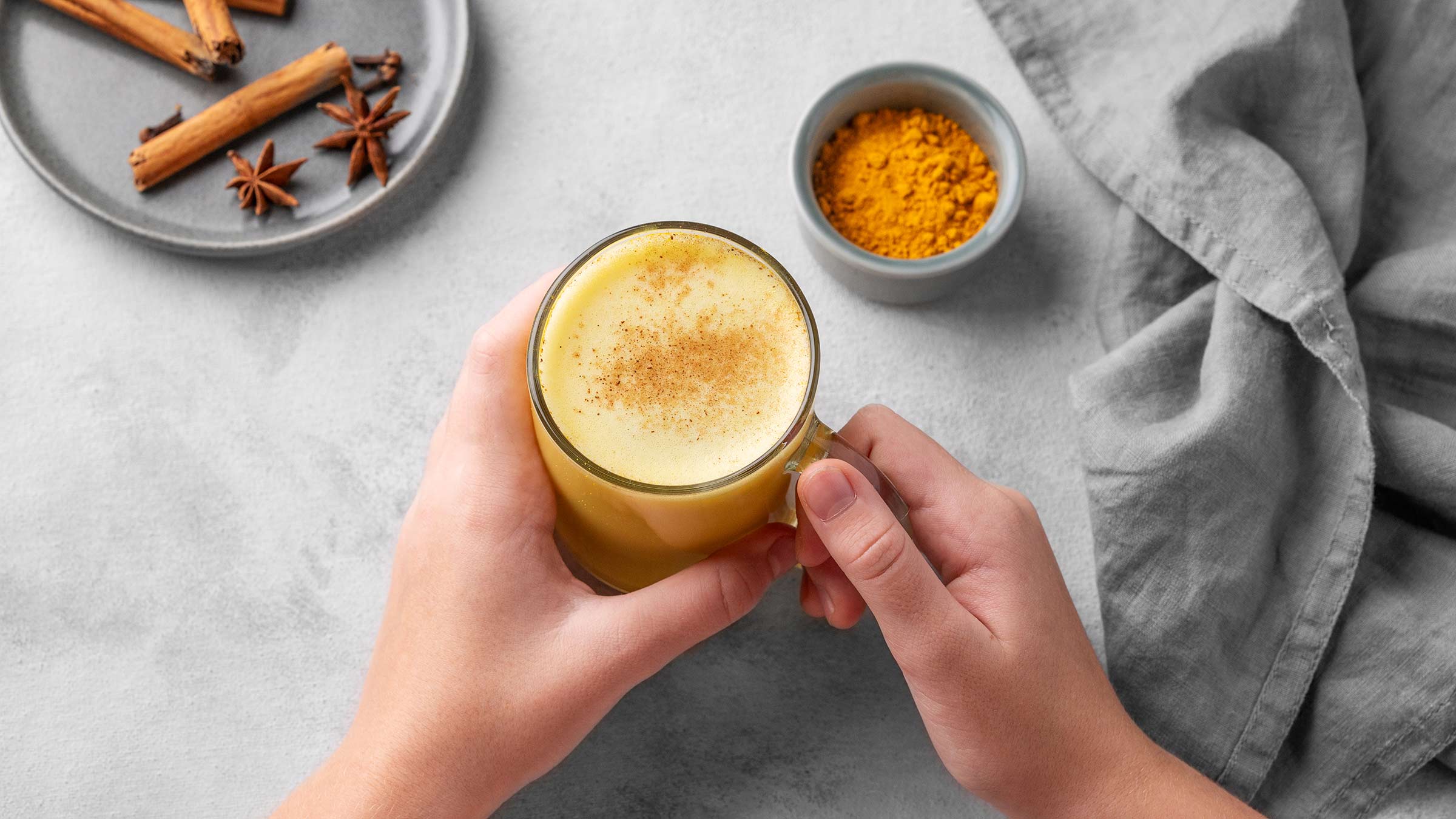
Turmeric, a golden-hued spice used frequently in Indian, Middle Eastern and Southeast Asian dishes, has a long list of health benefits to its name.
Internet searches will turn up claims that turmeric can do everything from reducing inflammation and migraines to preventing and treating cancer and Alzheimer’s disease.
But which claims are based on legitimate evidence? And what are the safest, most efficient ways to get health benefits from the spice?
The good news
Turmeric has been used for medicinal purposes in Ayurveda and Chinese medicine for thousands of years to treat a variety of inflammatory conditions. There is substantial evidence from preclinical studies (in test tubes and animals) showing that the active component of turmeric, curcumin, is a powerful anti-inflammatory and antioxidant agent.
More importantly, the number of research studies conducted on the benefits of curcumin in human subjects have been increasing, so we now have a larger body of evidence on the benefits of curcumin. Studies suggest that regular use of curcumin may lead to:
- Improvements in blood sugar regulation, including improved A1C and improved insulin sensitivity
- Improvements in lipids (cholesterol, triglycerides)
- Improvements in BMI
- Improvements in osteoarthritis pain and function that are comparable to NSAID medications
- Improvements in active symptoms and markers of inflammation for those suffering from ulcerative colitis
- Reducing skin irritation in breast cancer patients who have received radiation treatments.
- Reducing the number of heart attacks in those who have had bypass surgery.
Unless you have an allergy or severe food intolerance, it’s safe to use turmeric in a paste applied to your skin or to consume a few teaspoons of turmeric daily in your food. It’s also a fun way to give foods more flavor and color.
The bad news
The participants in these human studies usually consumed a supplement of curcumin alone, instead of whole turmeric itself. These supplements often hold a concentration of curcumin you’re unlikely to consume in everyday life, even if you add turmeric to every food you eat.
Curcumin from turmeric powder can never be absorbed as well as it is from a curcumin supplement. Turmeric powder has about 2% curcumin, while supplements are about 95% curcumin. So, it’s hard to say if you’ll get the same benefit shown in studies if you’re only consuming turmeric in its whole-food form.
However, the robust historical use of turmeric as an anti-inflammatory addition to the diet leads me to think it is still beneficial to include some whole-food turmeric for the above benefits, even if you also choose to also take a curcumin supplement.
How can I get the benefits of turmeric?
Your body best absorbs the curcumin in turmeric when paired with fat and black pepper components. This is likely why recipes for turmeric “golden milk” drinks are so popular among wellness-seekers — the recipes typically include milk (containing fat) and pinches of black pepper.
In cooking, turmeric pairs well with root vegetables and dark, leafy greens, such as kale, spinach and collard greens. When added to eggs, rice or tofu, it kicks up otherwise bland flavors. It can also be added to any grain you are cooking, such as rice, quinoa, barley or farro. Another suggestion I give my patients is to add it to salad dressings and sauces. When all else fails, you can try making a golden milk drink for yourself:
- 1 cup whole milk or dairy-free alternative
- 1 tsp turmeric powder (can start with 1/2 tsp to get used to the taste)
- Sprinkle of black pepper
- Other spices to taste (like cinnamon, cardamom)
- Sweetener to taste (maple syrup, honey)
- ½ tsp to 1 tsp ghee/coconut oil for additional fat if desired
Combine milk and spices and bring to a boil, then reduce heat and simmer for a few minutes. Pour into a mug and let cool to a warm drinkable temperature, then add desired sweetener and additional fat if desired.
Should I take a curcumin supplement?
While most people are safely able to ingest up to 4 grams of concentrated curcumin supplements per day, curcumin can interact with some medications and make them toxic.
Among the drugs made more potent with curcumin are anticoagulant or antiplatelet medications, such as aspirin, clopidogrel (Plavix), enoxaparin (Lovenox) and heparin.
There’s also some evidence that in those with hormone-sensitive cancers, such as breast, ovarian or prostate cancer, a curcumin supplement could worsen the cancer or interfere with cancer medications. And in women who are pregnant or breastfeeding, the supplement isn’t recommended because researchers just haven’t fully studied the risks.
For these reasons, it’s important to talk with your doctor before beginning a curcumin supplement. But there’s no risk to consuming a few teaspoons of turmeric per day, so feel free to spice away with the whole-food form!
The bottom line
It seems that what many people hope to find in turmeric are overall health benefits and reduced inflammation. There are no health risks in using turmeric as a spice added to food and, if your doctor approves, a curcumin supplement could be beneficial to your health.
To get the most benefits from added turmeric, incorporate it into a diet rich with anti-inflammatory foods, plenty of fruits and vegetables, limited sugar and lots of plant-based protein. A long-term lifestyle change involving regular exercise and a well-rounded diet will help more than a supplement alone.
There’s still much left for us to understand about how different foods and spices digest and interact in our bodies, so I always advocate for incorporating whole foods and spices into what we eat, instead of trying to reduce it down to a single nutrient that can be taken in pill form.
While nutrition research is important for understanding how to optimize eating habits, it’s equally important not to get swept away by headlines promising that all of our health ailments will be cured by adding one certain food, spice or herb to our kitchen rotation.

Healthy eating is within your reach!
Make an appointment with our dietitians or nutritionists.
Schedule an appointment




